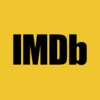The Story of Film: An Odyssey
The Story Of Film: An Odyssey


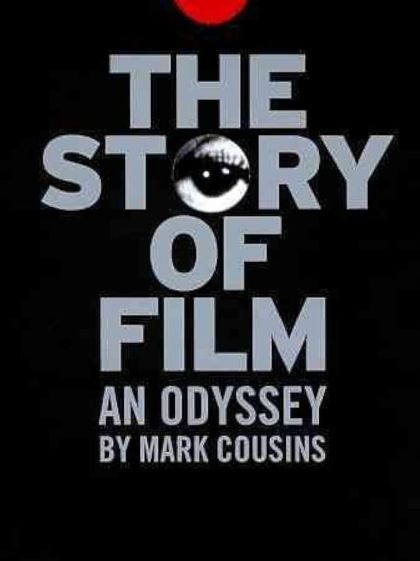

The Story of Film: An Odyssey, written and directed by award-winning film-maker Mark Cousins, is the story of international cinema told through the history of cinematic innovation. Five years in the making, The Story of Film: An Odyssey covers six continents and 12 decades, showing how film-makers are influenced both by the historical events of their times, and by each other. It provides a worldwide guided tour of the greatest movies ever made; an epic tale that starts in nickelodeons and ends as a multi-billion-dollar globalised digital industry. Described as a love letter to the movies, Cousins visits the key sites in the history of cinema; from Hollywood to Mumbai; from Hitchcock s London to the village where Pather Panchali was shot, and features interviews with legendary filmmakers and actors including Stanley Donen, Kyoko Kagawa, Gus van Sant, Lars Von Trier, Claire Denis, Bernardo Bertolucci, Robert Towne, Jane Campion and Claudia Cardinale.
Cast View all
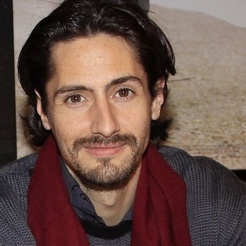
|
Juan Diego Botto | Narrator |

|
Mark Cousins | Self - Presenter |
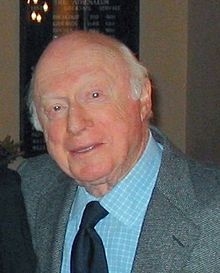
|
Norman Lloyd | Self - Interviewee |
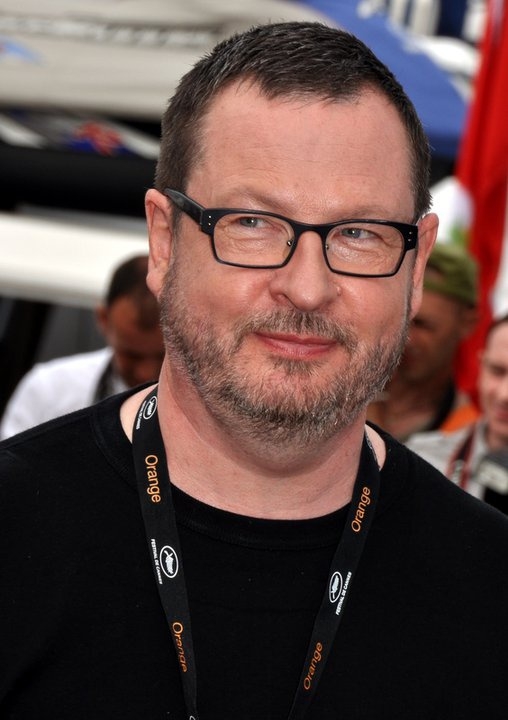
|
Lars von Trier | Self - Interviewee |
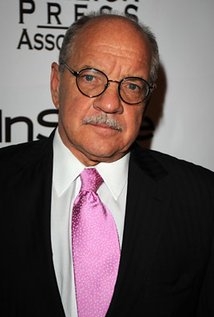
|
Paul Schrader | Self - Interviewee |
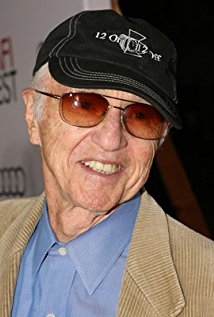
|
Haskell Wexler | Self - Interviewee |

|
Aleksandr Sokurov | Self - Interviewee |
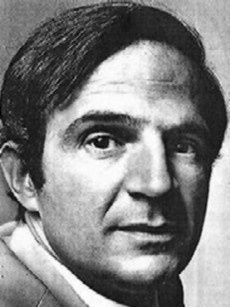
|
Francois Truffaut | Self |
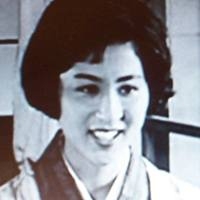
|
Kyôko Kagawa | Self - Interviewee |
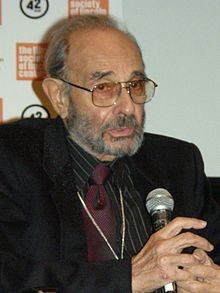
|
Stanley Donen | Self - Interviewee |

|
Robert Towne | Self - Interviewee |
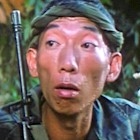
|
Woo-ping Yuen | Self - Interviewee |

|
Sharmila Tagore | Self - Interviewee |
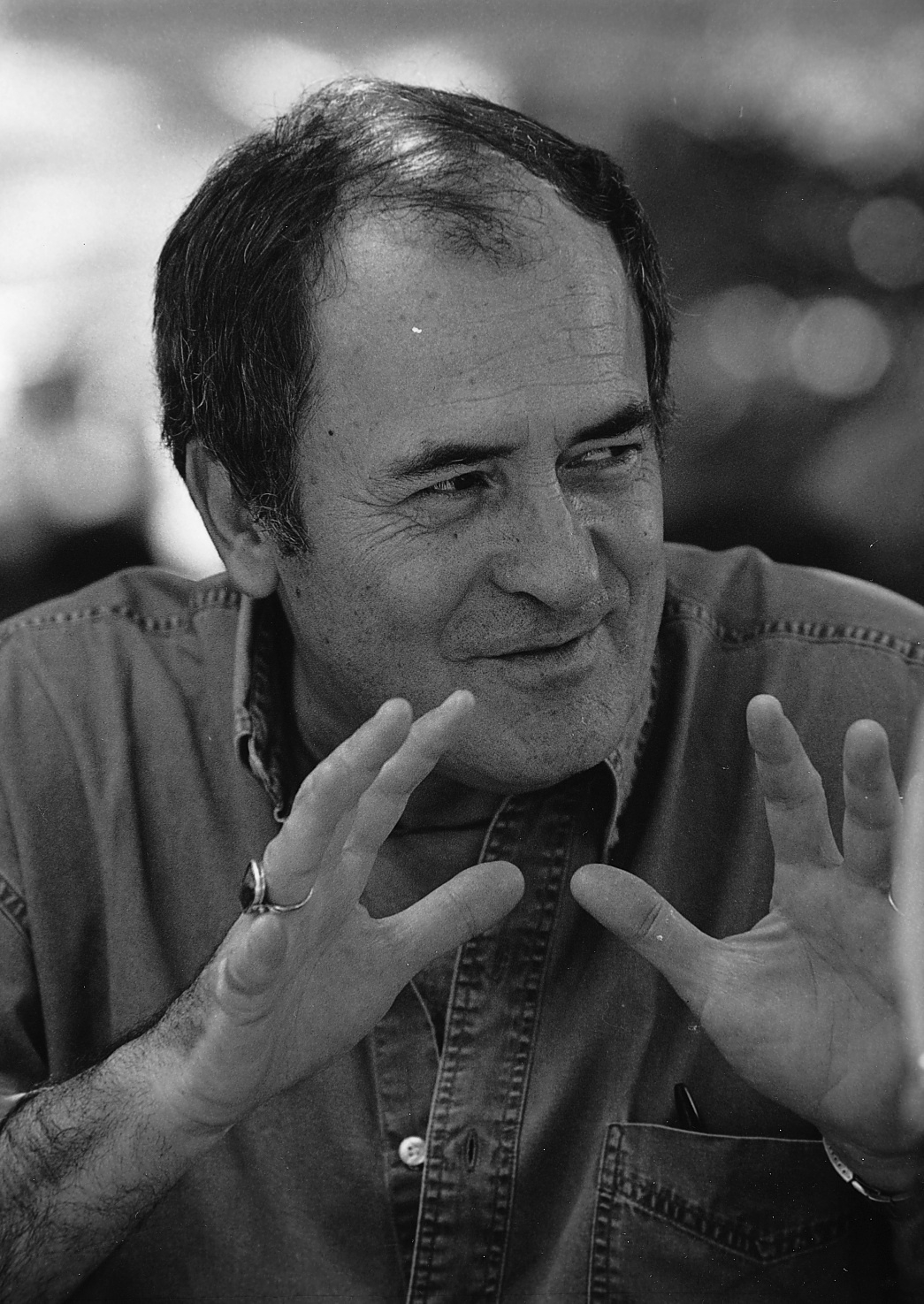
|
Bernardo Bertolucci | Self - Interviewee |
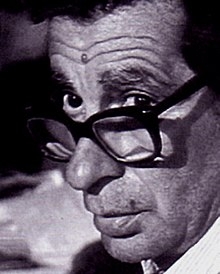
|
Youssef Chahine | Self - Interviewee |

|
Donald Richie | Self - Interviewee |
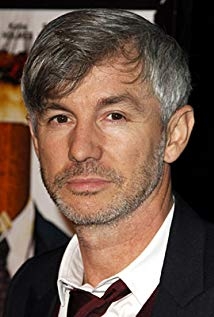
|
Baz Luhrmann | Self - Interviewee |

|
Terence Davies | Self - Interviewee |

|
Judy Balaban | Self - Interviewee |

|
Samira Makhmalbaf | Self |

|
Jean-Michel Frodon | Self - Film Historian |

|
Bill Forsyth | Self - Interviewee |

|
Mani Kaul | Self - Interviewee |

|
Gaston Kaboré | Self - Interviewee |
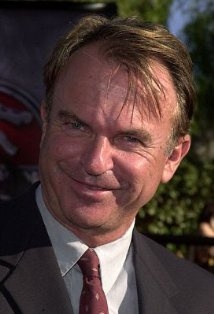
|
Sam Neill | Self - Interviewee |
Crew
| Director | Mark Cousins |

|
| Writer | Mark Cousins | |
| Producer | John Archer, Helen Du Toit, Tabitha Jackson, Tanya Seghatchian, Laura Marcellino, Anita Oxburgh, Rose Issa, Sonali Bhattacharya, Dhivya Kate Chetty, Charlotte Wontner | |
| Photography | Mark Cousins | |
Episodes

The first two decades of cinema, 1895-1918; its invention in New Jersey and Lyon and its development from a gimmick to a language through the innovation of many technicians and artists.

1918-1928; the establishment of Hollywood as an industry that produced optimism, romanticism and happy endings; the filmmakers in America and Europe who defied Hollywood fantasy to show a harsh reality in cinema.

1918-1932, the great rebel filmmakers around the world. Novel and remarkable experiments in silent cinema; French impressionism and surrealism, German expressionism, Soviet, Japanese and Chinese cinematic innovation.

The Story of Film looks at the films of the 1930s and the development of "talking pictures". Sound requires the use of sound stages and this effects lighting and cinematography. It looks at Rouben Mamoulian's musical Love Me Tonight. It looks at the development of film genres in Hollywood: horror films, gangster films, musicals, westerns, comedies, and animated cartoons. It then looks overseas to look at the work of French filmmakers (Jean Cocteau, Jean Vigo, Marcel Carne, Jean Renoir), South American filmmakers (Mário Peixoto), Poland (Stefan and Franciszka Themerson), Germany (Leni Riefenstahl), and England (Hitchcock).

The Story of Film examines world cinema in the period of 1939-1952 looks at film-making during and immediately after World War II. Hollywood films shift away from soft focus and begin to use the techniques of deep staging and deep focus as in John Ford's Stagecoach (1939) and Orson Wells's Citizen Kane (1941). It then looks at Italian Neorealism of Roberto Rossellini and Vittorio De Sica before examining the development of Film Noir in the films of Billy Wilder, Howard Hawks, and Ida Lupino. American films grow more serious though romantic film remain popular. In the late 40's, American cinema is investigated for communist activities and producers, actors, and directors are blacklisted. Meanwhile in Britain, Carol Reed creates the Noir classic The Third Man (1949)

The Story of Film examines cinema in the period of 1953-1957. It looks at the growth of movie-making around the world and examines how sex and melodrama dominated the period. It looks at the work of directors in Egypt (Youssef Chahine), India (Guru Dutt, Satyajit Ray), China (Xie Jin), Japan (Akira Kurosawa), Brazil (Nelson Pereira dos Santos), and Mexico (Fernando de Fuentes, Emilio Fernández, Luis Buñuel). In the United States, films like All That Heaven Allows (1955) and Johnny Guitar (1954) examine repressed sexuality. It also looks at the work of Kenneth Anger, Delbert Mann, Elia Kazan, and Nicholas Ray. It then turns to four classic films by four masters of American cinema Orson Welles's Touch of Evil (1958), John Ford's The Searchers (1956), Alfred Hitchcock's Vertigo (1958), Howard Hawks's Rio Bravo (1959). Finally, it goes to Britain to look at the work of directors David Leen and Lindsay Anderson.

The Story of Film examines European cinema in the period of 1957-1964. It first looks at the works of influential directors Ingmar Bergman, Robert Bresson, Jacques Tati, and Federico Fellini. It examines the French New Wave Movement including the work of Agnès Varda, Alain Resnais, François Truffaut, and Jean-Luc Godard). It then looks at New Wave filmmakers in Italy (Pier Paolo Pasolini, Sergio Leone, Luchino Visconti, and Michelangelo Antonioni). Finally, it looks at the New Wave directors in Spain (Marco Ferreri, Luis Buñuel) and Sweden (Vilgot Sjöman).

The Story of Film examines world cinema in the period of 1965-1969 when New Wave Cinema swept the world and gave rise to a whole new generation of filmmakers. It first looks at the work of director Roman Polanski before turning to Czech filmmakers Jiri Trnka, Milos Forman, and Vera Chytilova, It then looks at directors in Hungary (Miklos Jancso), the Soviet Union (Andrei Tarkovsky and Sergei Parajanov), Japan (Nagisa Oshima and Shohei Imamura), India (Ritwik Ghatak), Brazil (Glauber Rocha), Iran (Forugh Farrokhzad), and Senegal (Ousmane Sembene). It also examines director in England including Karel Reisz, Ken Loach, and Richard Lester. Finally it turns to America and a growing movement of innovative film-makers in the late 60s including Robert Drew, John Cassavetes, Alfred Hitchcock, Andy Warhol, Haskell Wexler, Dennis Hopper, and Stanley Kubrick.

The Story of Film examines American cinema in the period of 1967-1979 also known as New American Cinema. Films of this time generally fell into three types: satirical films that mocked society and the times, dissident films that challenged the conventional style of cinema, and assimilationist films that rework old studio genres with new techniques. Satirical films include the work of Frank Tashlin, Buck Henry, Mike Nichols, Robert Altman, and Milos Forman. Dissident films include the work of Dennis Hopper, Robert Altman, Francis Ford Coppola, Martin Scorsese, Paul Schrader, Charles Burnett, and Woody Allen. Assimilationist films include the work of Peter Bogdanovich, Sam Peckinpah, and Terrence Malick. It also looks at the assimilationist classics Cabaret (1972), The Godfather (1972), and Chinatown (1974).

The Story of Film examines world cinema in the period of 1969-1979. It looks at the work of filmmakers in Germany (Wim Wenders, R. W. Fassbinder, Margarethe von Trotta, and Werner Herzog), Italy (Pier Paolo Pasolini and Bernardo Bertolucci), Britain (Ken Russell, Donald Cammell, and Nicolas Roeg), Australia (Peter Weir and Gillian Armstrong), and Japan (Noriaki Tsuchimoto and Kazuo Hara). It also looks at the development of Third Cinema which criticizes the commoditization of film and sees film as a way to fight social injustice. It looks at filmmakers from Algeria (Assia Djebar), Senegal (Ousmane Sembene, Djibril Diop Mambety, and Safi Faye), and Ethiopia (Haile Gerima). It also looks at Kurdish filmmaker Yilmaz Guney and Chilean directors Patricio Guzman and A lejandro Jodorowsky.

The Story of Film: An Odyssey looks at the development of mainstream film in the 1970s and examines how such films were innovative. It first looks at the mainstream films of Hong Kong produced by Shaw Brothers Studio. It looks at the work of actor Bruce Lee and directors King Hu, John Woo, Yuen Woo-ping, and Tsui Hark. It then looks at the mainstream Bollywood films of India. It looks at the mega-hit Sholay (1975) and examines work of actress Sharmila Tagore, actor Amitabh Bachchan, and directors K. Asif, and Gulzar. It examines film in the Middle East. It discusses Moustapha Akkad's The Message (1976) and talks to Egyptian director Youssef Chahine. Finally, it looks at the blockbusters that transformed movie-making in the United States like Steven Spielberg's Jaws (1975), William Friedkin's The Exorcist (1973), and George Lucas's Star Wars: Episode IV - A New Hope (1977).

The Story of Film looks at cinema of the 1980s and examines how directors used movies to protest and speak truth to those in power. It first looks at film-makers in Communist China (Tian Zhuangzhuang, Chen Kaige, and Zhang Yimou) and examines Eastern Europran directors in Georgia (Tengiz Abuladze), the Soviet Union (Elem Klimov, Kira Muratova), and Poland (Krzysztof Kieslowski). It, then, discusses Africa cinema in Burkina Faso (Gaston Kabore) and Mali (Souleymane Cisse). In the United States, films are influenced by music video and the Cold War. It looks at the films of David Lynch, Spike Lee, John Sayles, and Maggie Renzi. In European protest filmmakers thrive in France (Luc Besson and Leos Carax), Spain (Pedro Almodovar and Víctor Erice), England (Stephen Frears, Terence Davies, Peter Greenaway, and Derek Jarman), Scotland (Bill Douglas and Bill Forsyth), Wales (Peter Greenaway), and Canada (David Cronenberg, Norman McLaren, and Denys Arcand).

The Story of Film looks at world cinema in the period of 1990-1998 the waning days of the celluloid era and the birth of the digital age. It first looks at the cinema of Asia and filmmakers in Iran (Samira Makhmalbaf, Mohsen Makhmalbaf, and Abbas Kiarostami), China (Wong Kar-wai), Taiwan (Tsai Ming-liang and Hou Hsiao-Hsien), Japan (Shinya Tsukamoto, Hideo Nakata, and Takashi Miike), Denmark (Lars von Trier), France (Mathieu Kassovitz, Bruno Dumont, and Claire Denis), Belgium (Jean-Pierre Dardenne and Luc Dardenne), Poland (Dorota Kedzierzawska), Russia (Viktor Kossakovsky), and Austria (Michael Haneke).

The Story of Film looks at American and Australia cinema in the 1990s and examines the rise of digital film-making which allows for the crafting of scenes that would otherwise be impossible. It looks at the innovative effects work of Ridley Scott, James Cameron, and Steven Spielberg and discusses the popular CGI animated film Toy Story (1995). It also look at the low-budget The Blair Witch Project (1999) which was primarily shot on video. It looks at the rise of post-Moderism in American film and examines the work of Martin Scorsese, Quentin Tarantino, Oliver Stone, Joel and Ethan Coen, Gus Van Sant, Matthew Barney, and Paul Verhoeven. It also looks at directors in New Zealand and Australia including Jane Campion and Baz Luhrmann.

The Story of Film looks at film in the 2000's and considers innovations that will drive film forward to the future. It looks at the work of documentary filmmakers like Michael Moore, Nicolas Philibert, Douglas Gordon, and Philippe Parreno. It also looks at filmmakers inspired by documentaries and realism including Paul Greengrass and Andrew Dominik,. It also looks at contemporary film around the world including Turkey (Nuri Bilge Ceylan), Romania (Cristi Puiu), Argentina (Lucrecia Martel), Mexico (Carlos Reygadas), Korea (Lee Chang-Dong, Bong Joon-ho, Park Chan-wook), the United States (David Lynch, Darren Aronofsky, James Cameron), Sweden (Roy Andersson), Canada (Roger Avary), Thailand (Apichatpong Weerasethakul), and Russia (Alexander Sokurov). An epilogue considers the future of film-making and discusses Christopher Nolan's Inception (2010) and Michel Gondry's Eternal Sunshine of the Spotless Mind (2004).
Personal
| Quantity | 1 |
|---|---|
| Seen | |
| Added Date | Feb 22, 2017 17:11:25 |
| Modified Date | Jun 12, 2022 00:34:27 |
Edition details
| Screen Ratios | Fullscreen (4:3) |
|---|---|
| Audio Tracks | Stereo [English] |
| Distributor | Music Box Films |
| Edition Release Date | Nov 20, 2012 |
Notes
2017 Birthday gift from Beth


 English
English  Nederlands
Nederlands  Deutsch
Deutsch  Français
Français  Español
Español  Magyar
Magyar  српски
српски  Dansk
Dansk  Svenska
Svenska  Slovenčina
Slovenčina  Português
Português  Movie Cloud
Movie Cloud Book Cloud
Book Cloud Music Cloud
Music Cloud Comic Cloud
Comic Cloud Game Cloud
Game Cloud